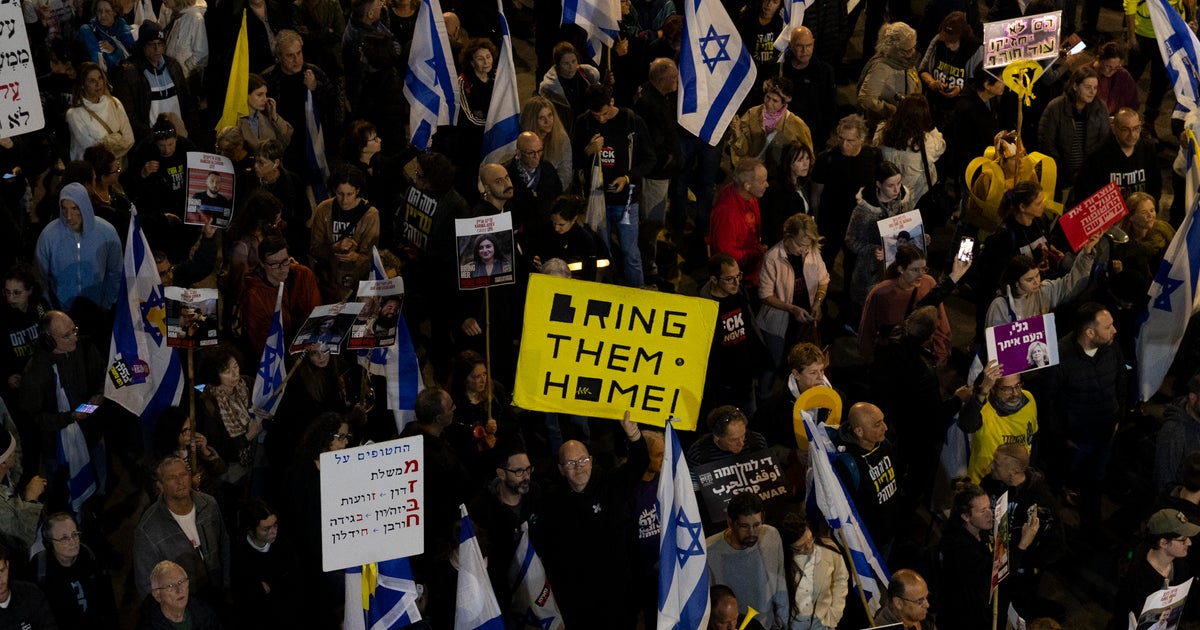Fear in salons and barber shops as Japan deems haircuts "essential"
Tokyo — The Governor of Tokyo, Yuriko Koike, announced on Friday a long list of businesses included in an official closure "request" for the coming month, as the world's most populous city fights to contain a widening coronavirus epidemic. A long list of businesses and private institutions are being asked to close, including universities, nightclubs, dance halls, bars, karaoke studios, driving schools, pools, bowling alleys, mahjong parlors, off track betting, pachinko parlors, theatres, internet cafes, athletic facilities, museums, art galleries and libraries.
Only select businesses are permitted to stay open: Supermarkets, drug stores, public transit, health care providers… and hair salons. Prime Minister Abe has singled these out as services "essential… to securing a stable life for citizenry."
Under pressure from the national government, Koike added hair cutting establishments to the stay-open list in Tokyo. Naoyuki Tamura, manager of the city's disaster prevention division, declined to defend the last-minute inclusion, saying only: "We have to adhere to national policy."
But the decision has raised eyebrows. Only this week a cluster of five coronavirus cases was traced to a beauty salon in the city of Buzen; those testing positive included a baby and his mother.
Online, the decision struck many as irrational.
"Does getting your hair cut really constitute an 'essential outing?'" asked one commenter. "Who," asked another, "is getting their hair cut, at a time like this?"
Many pointed out the risks of having to serve anyone and everyone walking in the door while standing just inches away.
"Osaka stylist here," said one. "Are you saying if we get infected, it's our responsibility? And if we infect our customers, we're on our own?"
"I'm also a stylist, and seriously afraid," said someone named Kyoko. "I'm a single mom. If I end up dead, who will look after my three kids?"
"While we work, we are repressing fear," wrote a barber. "However scrupulous our sanitation, don't they understand we can't completely guard against infection?"
Health and Labor ministry statistics show that by 2017, Japan had 368,543 salons and barber shops — an all-time high. Tokyo alone is thought to have 31,500 such businesses. The industry employs over half a million barbers and beauticians. Which is why, many in the industry suspect, the government is anxious to keep them on the job, instead of shut down - and eligible for financial compensation.




